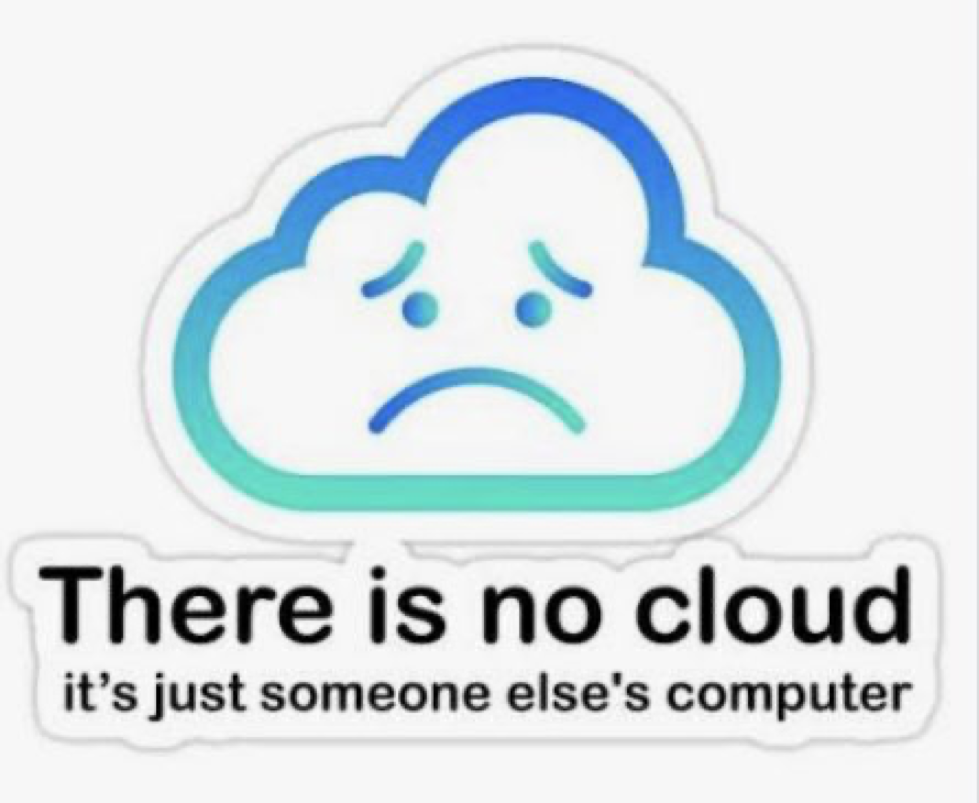Part 2: “Forever Data” unlocks a Global Marketplace
Trust, I believe, is the fundamental vector of innovation that the blockchain brings. Trust is what builds businesses, it’s what builds brands, and it’s what convinces someone it’s safe to act. I believe that the blockchain is changing the trust model of the internet which will have serious downstream implications for the adoption of new opportunities.

💡 Let’s take a basic example. Money is trust in the government’s enforcement of a ledge of value. Handing money in exchange for a good or service requires one to trust that good or service. It also requires the users to trust that the ledger is accurate, and transfers are honored. Bitcoin is effectively a complex system to create a trusted ledger of a number. If everyone can trust that the number in the bitcoin ledger is correct, and can be transferred without exploits. Then with enough social consensus, that number can be utilized as money. Similar to how we trust the number in our bank account.
Trust is what drives all of the economy. Although there are numerous examples of how trust impacts our economic decision making, I want to focus on the one I think that will create the most impact. Trust in new software adoption.
Globally, it is hard to trust a no-name startup business with a critical project that costs a lot of money. It’s easier to trust an established brand, even if when expensive.
Examples of Trust Deficit in B2B software products:
- Enterprises & SMB’s don’t trust small startups because they may disappear
- Enterprises & SMB’s are risk averse because the cost of change management when migrating services
- Enterprises & SMB’s don’t trust that their data is being used properly, and are willing to pay to keep things in their control (private clouds, self-host, on-prem installs)
- Enterprises & SMB’s don’t trust that if they stop paying for a service, they will still have access to all their efforts
- Enterprises & SMB’s don’t trust that the product will be valuable long-term and want to be able to exit → this lead to SaaS
I expect that blockchains will be one of the leading drivers of reducing cost for trust for any new software innovation. This reduction of cost for trust will in turn drive market competitiveness and reduce prices for end users. The ability for companies to offer trust affordably will open up new use-cases that were previously turned down due to lack of sufficient trust.
We have seen how the trust model for software has changed significantly over time:
- Boxed software → I have to trust the product works as expected
- Online-licensed local software → I have to trust that the company will always license my software
- Self-host cloud software → I have to trust that I can setup and maintain my software
- SaaS → I have to trust the company to setup and run the software for me
- The Future → I have to trust that I want the product as it is given to me today, because it will work forever
This reduction of cost will tap a new global market of businesses who align to this philosophy. The market seems available, but how will this impact the business model?
We explore this in the next part.